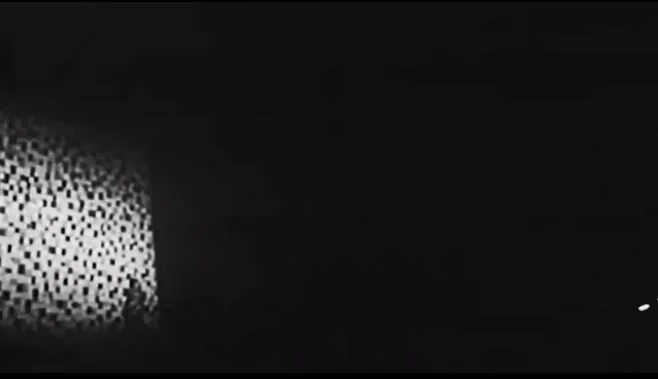double snare
We recruit innumerous adjectives to go sloganeering about a favorite subject, our leading fixation – life itself. And let us suppose we are primed to enunciate that life is difficult. Here, the readiness with which ‘difficult’ (like any other adjective) pawns its meaning to ‘life’ is also an opening into the thought of difficulty. What becomes a quiet and unceasing chant carries with it a latent sense of little to no hesitation in pronouncing life’s difficulty. This kind of preparedness for representation is to me, simply, the acknowledgment that life is already sensed as difficult before the word announces that specific quality or condition. Indeed, language is an afterthought to experience and not to any originary stimulation even if it seems to naively glue them together. Put another way, the legibility of an experience in representation does not predate emotional process, rather, it is vitally linked to the interminable formation of sense. To the extent to which it is descriptive, the terse and simple phrase of ‘Life is difficult!’ is also saturated with untranscribable events, keeping alive what constitutes the making sense of this difficulty. Then, there is value in looking at difficulty in how the very thinking of difficulty is done with such ease: the phenomenon of getting used to things is amplified in the simplification of what life is. If I perceive life as difficult, it means I have accepted or grown adaptively to difficult aspects of life, that difficulty itself is already about getting used to hardship – an ongoingness that is nothing but the acclimation to suffering. This is the double-snare sound of a difficult life: becoming accustomed to complication is difficult and that is also precisely what difficulty is about. On the other hand, and from every angle, a tumbleweed – as a metaphor for life – is what it is: tumbling weed. With every turn and shaky pause, the habit of tumbling/living is already a confrontation of reality which is nothing but difficult. However, the routine-inducing affect of animate difficulty is also its measure of easiness, and ultimately, an aesthetic counterpoint. When we feel something is not easy to do or be, difficulty is sensed; when something is being difficult, we are experiencing another or even oneself as not easy to be with. And when we think of a difficult emotion, it means that some getting-used-to was required to perceive the bearing of that emotion as difficult. Emotions are difficult when they become tedious for representation; emotions can become suddenly or fleetingly difficult, but they are, in fact, aesthetic processes, and their difficulty is issued from becoming habituated to the not-easy conditions of emotional being. But if life is a case of routine, where we ‘naturally’ and regularly tumble through suffering, what might we gain from realizing that life is already effortlessly difficult? Is not this the lightness of suffering, found in the declaration that ‘life is difficult’, but a fragment of our striving and loving?
from Ganga Rudraiah
